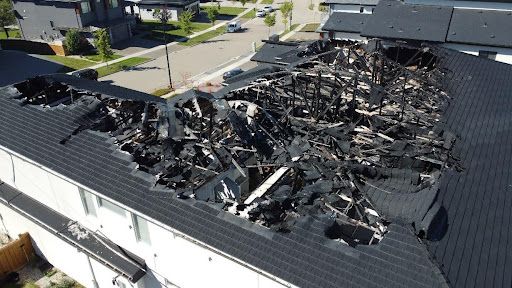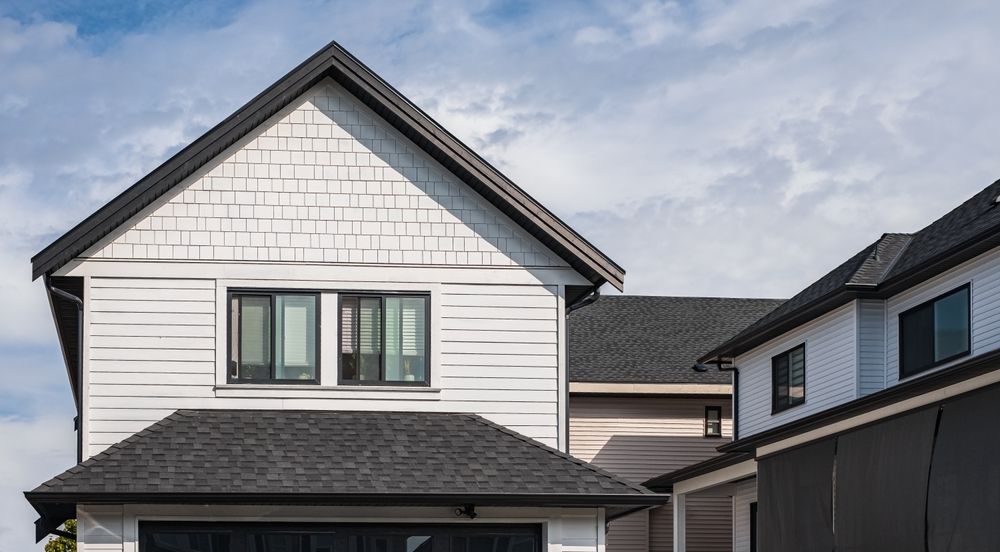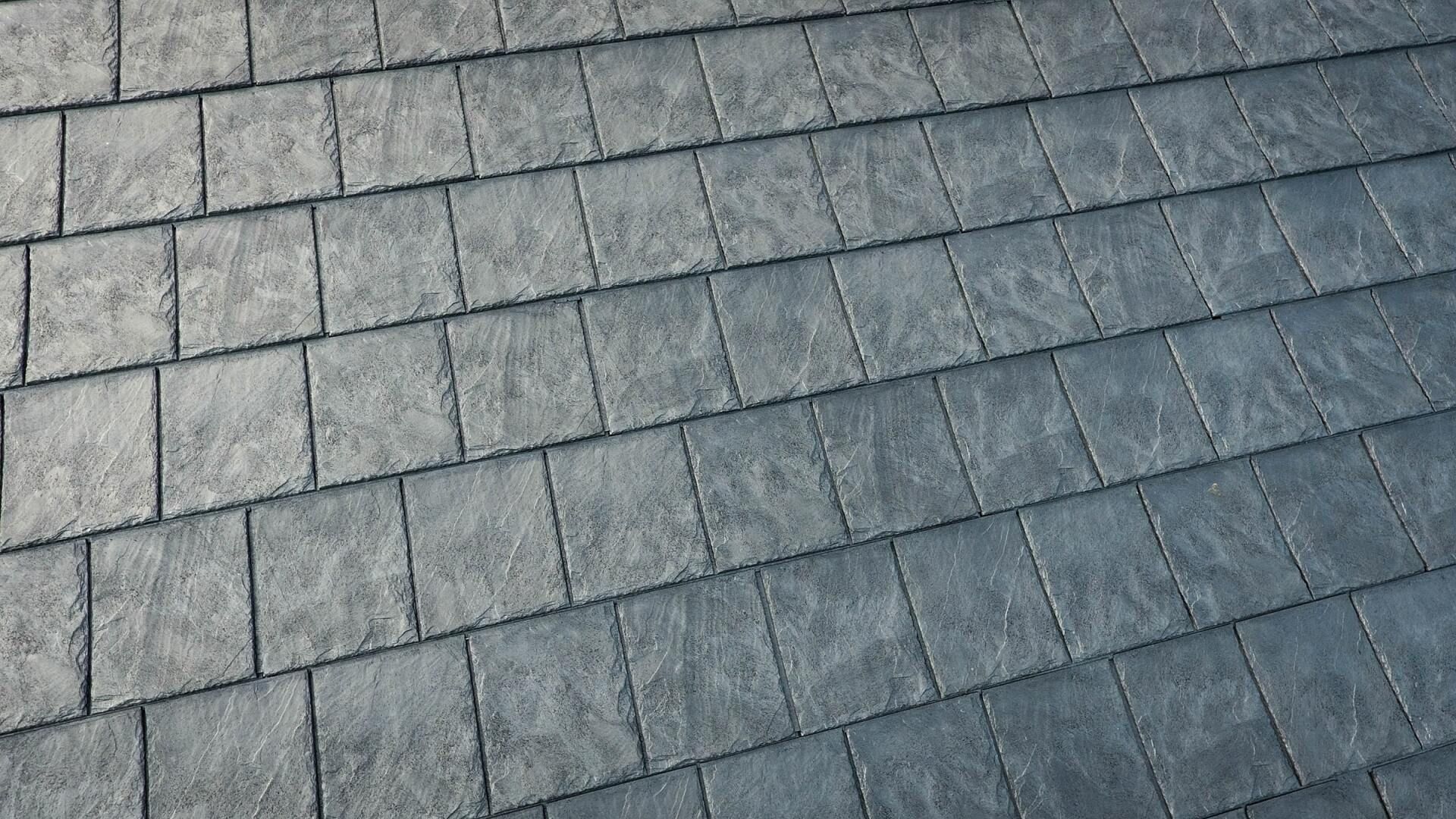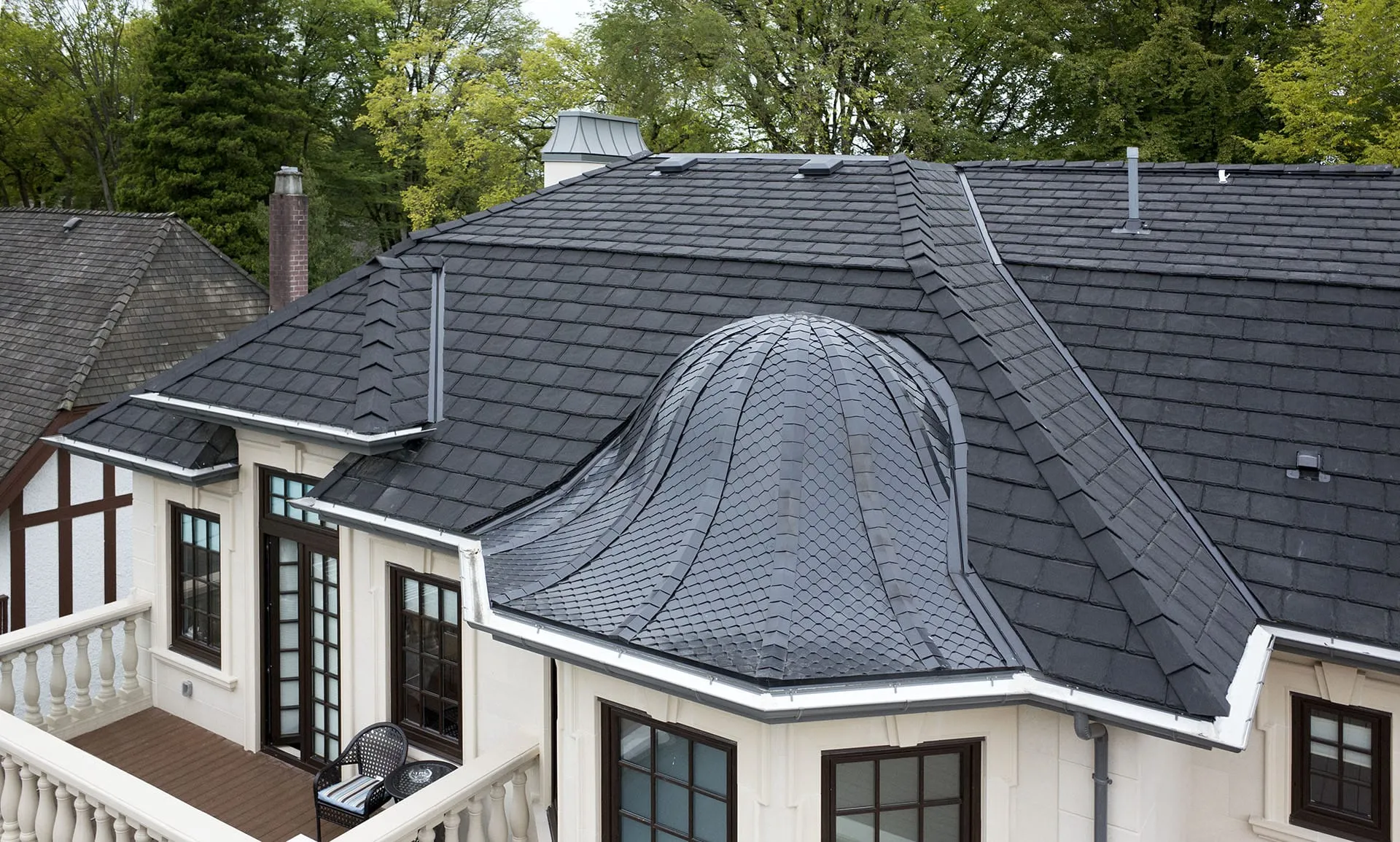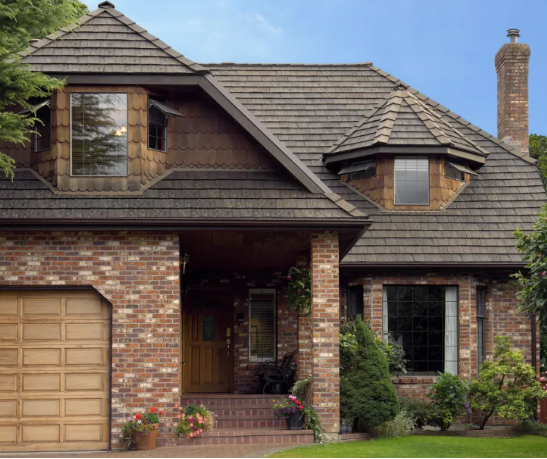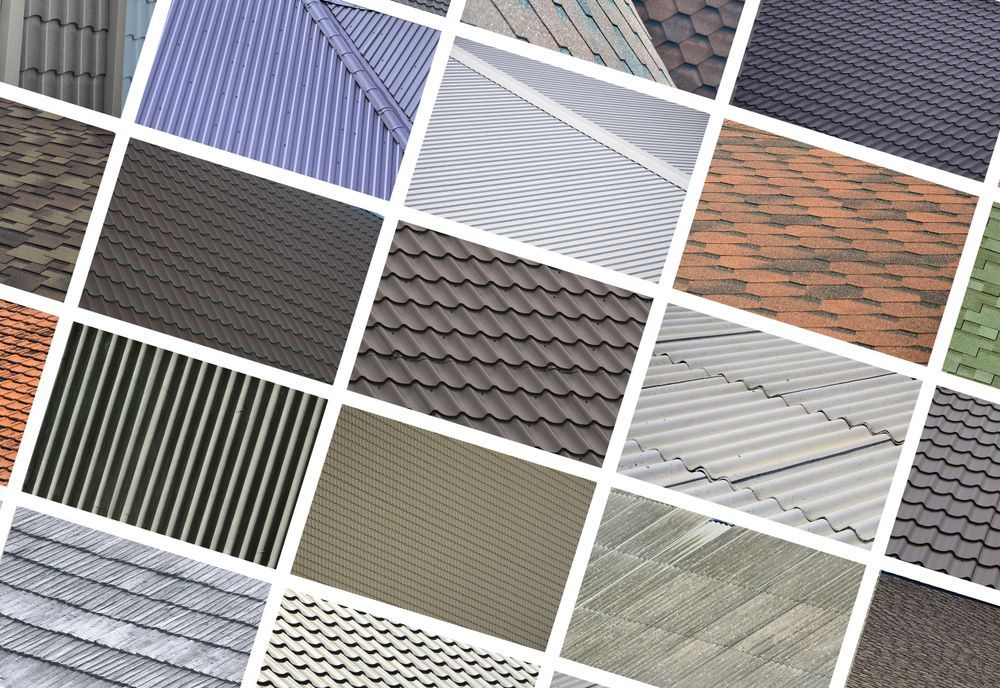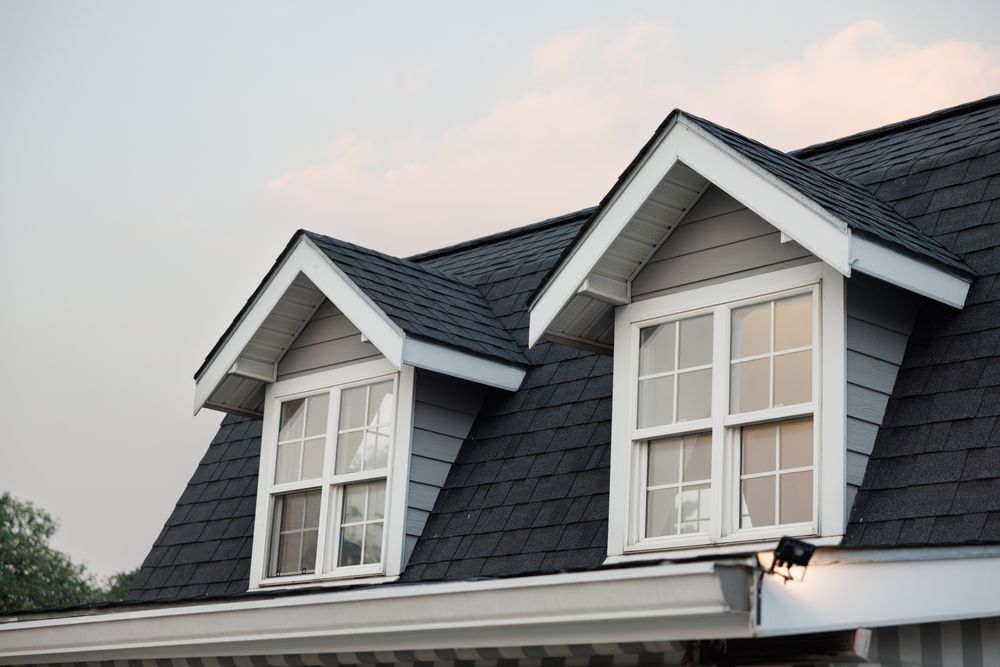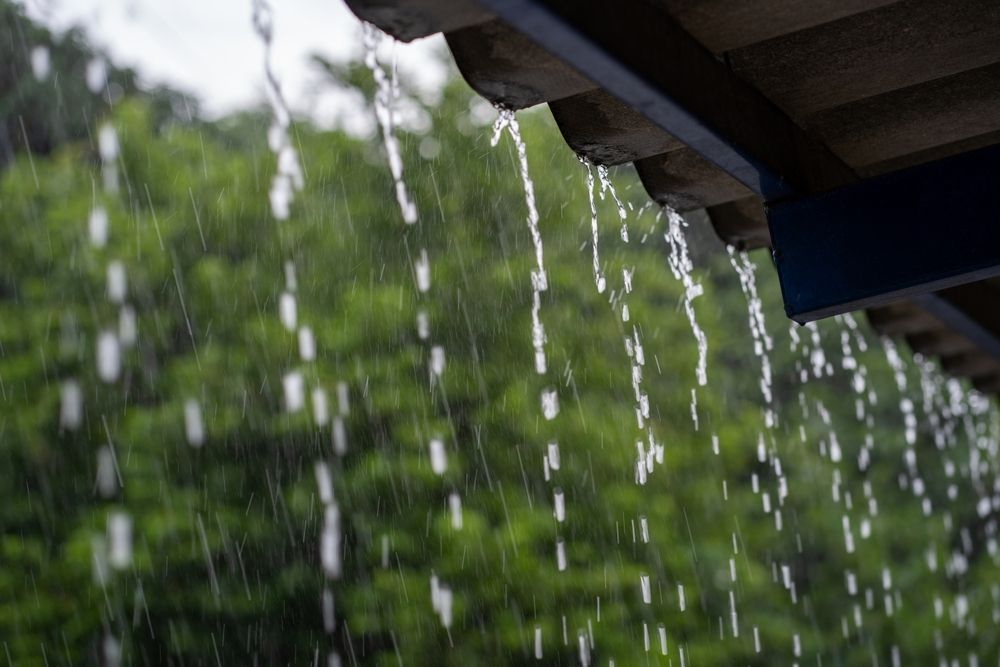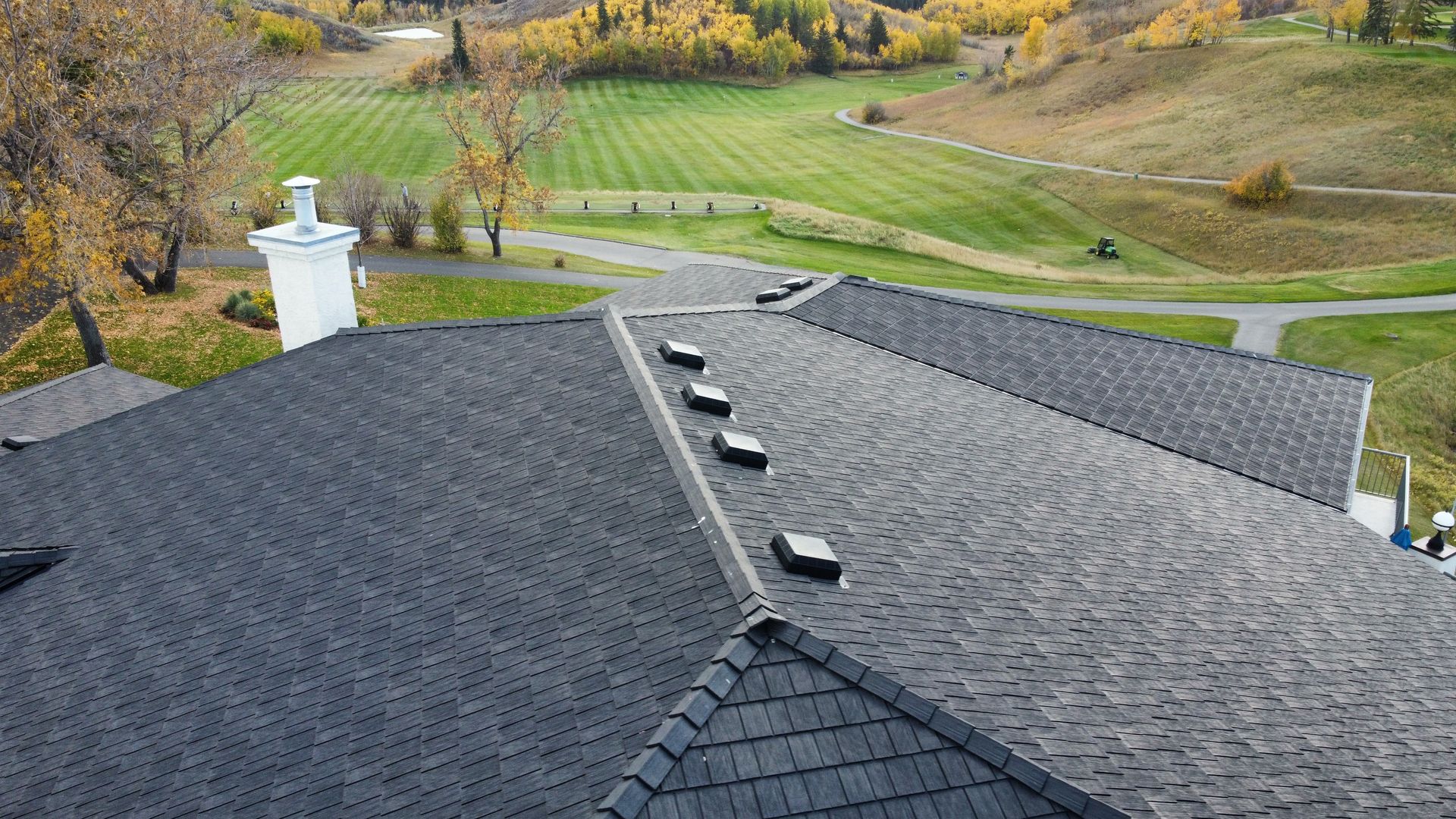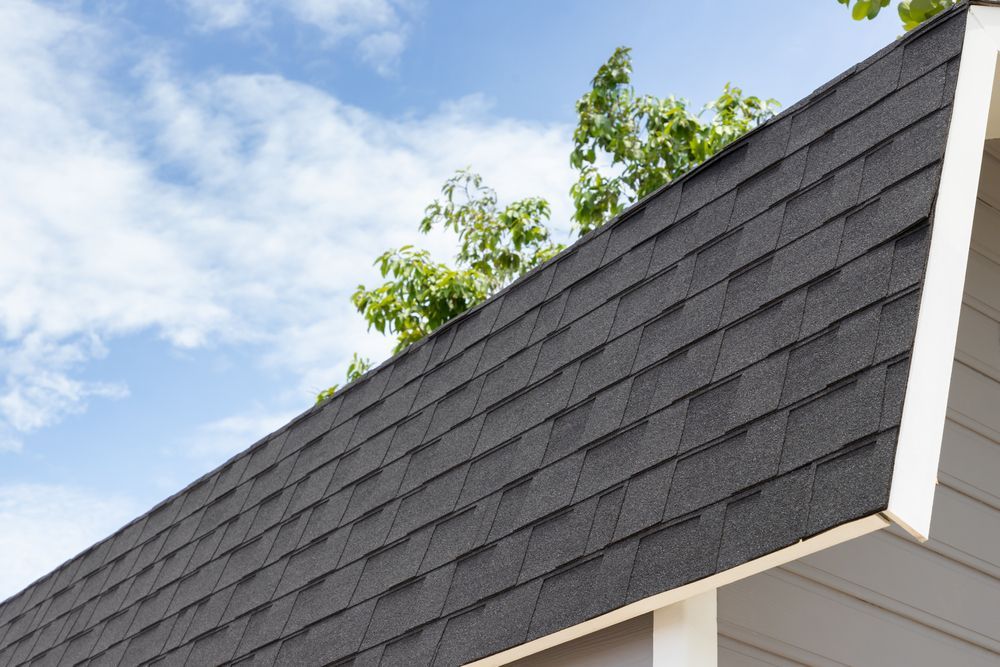Are Asphalt Shingles The Best Roofing Material For Your Home?
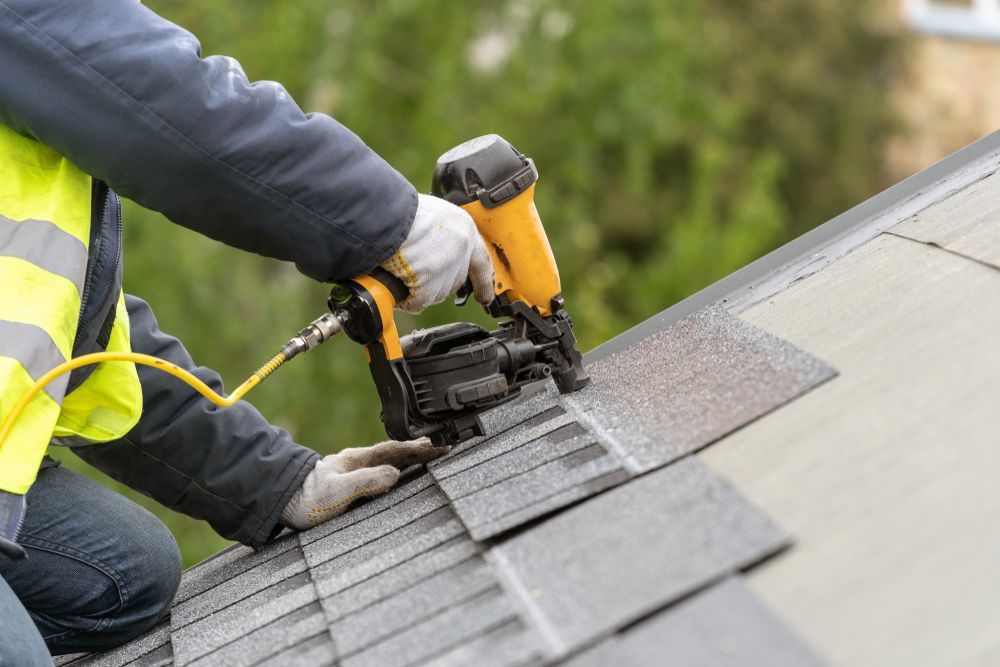
Take a look at the homes in your neighborhood. Chances are most are covered in asphalt shingles. As one of the top roofing materials in North America, asphalt shingles are affordable, come in a variety of colors and depths, and are easy to install. But they are not without issues. This comprehensive guide to asphalt shingles will help you understand the pros and cons of asphalt shingles and why Euroshield Roofing offers better protection.
What are Asphalt Shingles?
There are three major factors to consider when deciding on a roofing shingle, budget, climate conditions, and your specific roofing needs. Asphalt shingles for the roof definitely fit the bill as a cost-effective option. They are made from a mix of fiberglass, asphalt, and minerals. Asphalt shingles are known for their protective granules, or fine-grain rock particles embedded into the surface. They come in three types, each with its own price point and durability.
- Traditional or 3-Tab Asphalt Shingles - As the most budget-friendly option, 3-Tab shingles are made of a single layer, lightweight, and typically last 15 to 20 years.
- Architectural Asphalt Shingles - Also known as dimensional shingles, architectural shingles are considered a premium option. They are thicker, with multiple layers to give a 3D look and have a lifespan of about 20 to 30 years.
- Luxury Asphalt Shingles - These are expensive, high-end shingles designed to look like slate, cedar shake, or tile. They have intricate designs, enhanced performance against weather, and can last up to 50 years.
Common Problems with Asphalt Shingles
Saving money on an affordable shingle is good for your wallet. But installing the wrong shingles could lead to significant damage or, even worse, total roof failure during a storm. Asphalt shingles are particularly susceptible to damage, granule loss, and other environmental factors.
Hail Damage
Roofing materials are designed to withstand certain levels of impact, but hail can be especially damaging to traditional asphalt shingles. There are four classifications for impact resistance, Class 1 to Class 4. A Class 4 impact rating means the shingles can hold up under 2-inch hail. The average hail storm produces 1 to 2-in hail with an average speed of 40 mph, though some supercells can produce 4-inch hail at speeds of 100 mph. Depending on the size and speed of the hail stone, asphalt shingles can develop cracks, dents, or punctures, potentially compromising your roof.
Wind Damage
Like hail, roofing materials are rated for wind speeds between 60 and 130 mph. The ASTM D 3161 Standard tests the ability of shingles to withstand wind speeds of 150 mph. While most homes are not subjected to hurricane-force winds, damaging winds are those that exceed 50-60 mph, but severe storms can have wind gusts of 100 mph. High winds can cause uplift, a leading cause of roof damage during a storm. High winds can lift and tear traditional asphalt shingles, exposing the underlayment and leading to leaks.
UV and Climate Damage
Nothing is impervious to the sun. While manufacturers apply UV-resistant coatings to prolong the lifespan of asphalt shingles, ultraviolet (UV) rays from the sun can degrade traditional shingles, breaking down the chemical compounds over time. This makes them susceptible to fading or worse. Heat, climate conditions, and prolonged UV exposure can cause problems for traditional asphalt shingles.
- Extreme heat can lead to thermal expansion, which can also cause cracking.
- Blistering happens when shingles lose adhesion with the decking, forming pockets of space for water to accumulate. Excessive heat and UV damage can lead to blistering.
- Curling occurs when the edge of the shingles lifts and turns upward, again exposing the roof’s underlayment to the elements. Extreme temperatures, high winds, poor ventilation, and improper installation are the top causes of shingle curling.
Algae damage is more likely to occur in regions with hot and humid weather, such as the southern United States. Not only can algae like Gloeosapsa magma leave black streaks or stains, but algae can retain moisture, leading to accelerated aging and deterioration of the shingles.
Granule Loss
Granules are crucial to the integrity of asphalt shingles, improving impact resistance and protection from the elements. Even though they are bonded to asphalt shingles’ surface, they can wear off due to heavy rain, hail, wind, heat, and UV rays. This can leave the underlying asphalt vulnerable and weaken the shingle, putting your roof at risk of moisture intrusion or damage.
Environmental Impact of Asphalt Shingles
Asphalt shingles are not biodegradable. More than 12 million tons of asphalt shingles end up in landfills each year. They can take up to 300 years to decompose, releasing toxic chemicals and volatile organic compounds (VOCs). The push to recycle asphalt shingles has been largely unsuccessful and even shut down in several states. Recently, manufacturers have developed asphalt shingles with 15% recycled materials, but the other 85% is still not eco-friendly. So if the shingle is not recycled again, dangerous materials still wind up sitting in landfills.
Asphalt Shingles vs. Euroshield Rubber Shingles
Euroshield Roofing is an excellent alternative to traditional asphalt shingles. Unlike asphalt shingles, they are made from 95% recycled material—70% recycled rubber. As a rubber roofing material, they are more durable than asphalt and don’t rely on granules to maintain their integrity. Instead, their exclusive interlocking design enhances their performance, offering superior protection against hail, wind, UV rays, and more.
- Euroshield shingles have a Class 4 Impact rating against hail and debris
- Euroshield offers a hail-proof shingle proven to withstand 4-inch hail.
- Rigorously tested, Euroshield shingles can resist winds up to 170 mph.
- Euroshield shingles have the maximum amount of carbon black to optimize heat transfer.
- Euroshield is backed by an industry-leading 50-year warranty.
Most importantly, Euroshield shingles are
eco-friendly and help address the problem of asphalt shingle and
tire waste in landfills. Not only are our shingles fully recyclable, but, to date, Euroshield has diverted 3.5 million tires from landfills.
Schedule an Appointment with a Euroshield Installer
When it comes to protecting your biggest investment, Euroshield has you covered. We offer
five flawless designs for homes and businesses. If you need a new roof or want to upgrade your current roofing system, our certified installers can help. Schedule a
free estimate today.
